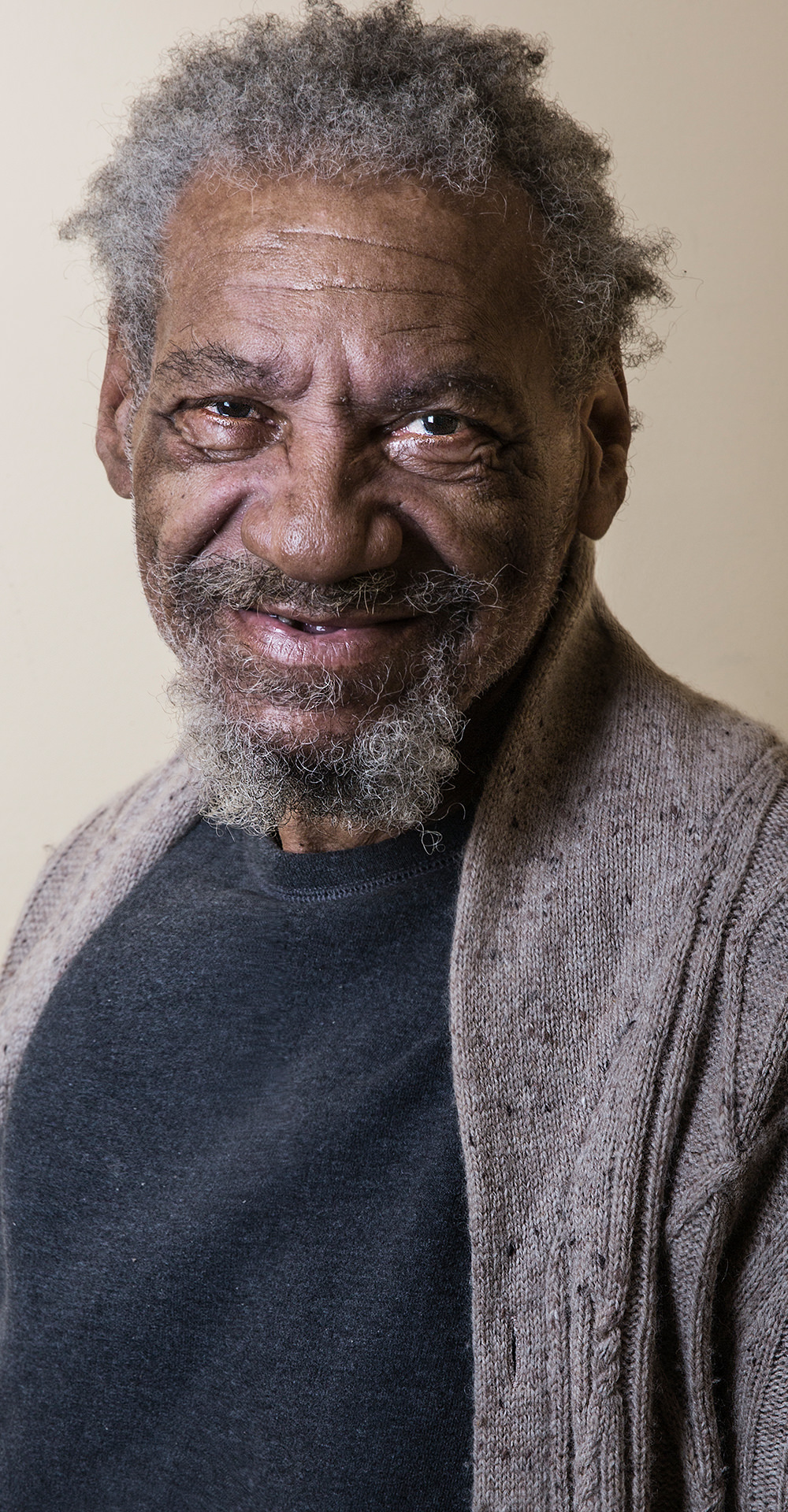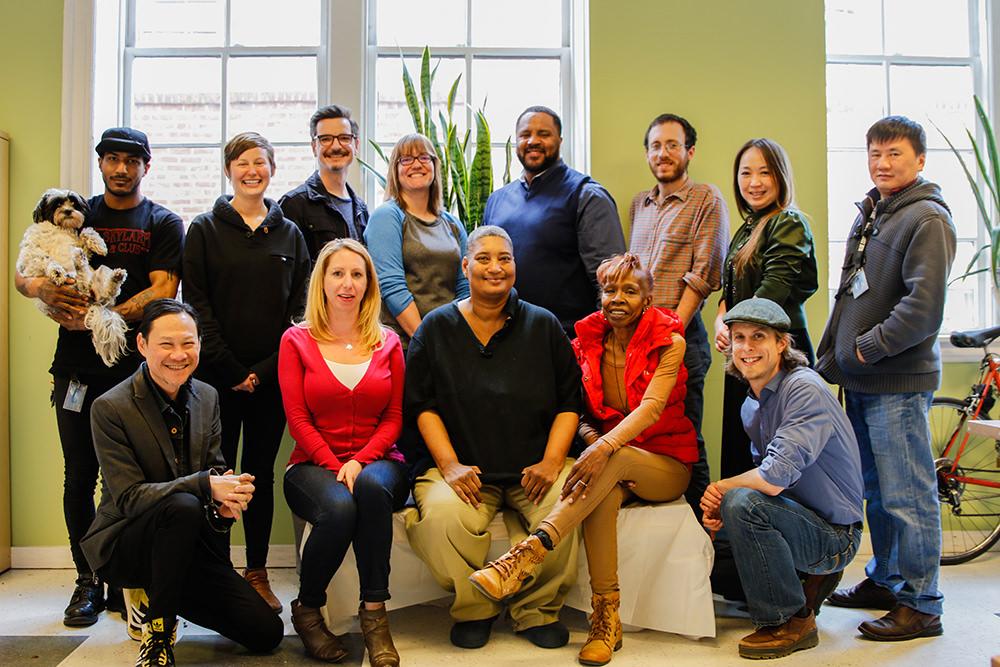How do Plymouth’s costs compare?
The same funding can buy vastly differing stability, support, and time:
In short, it’s exactly that: housing before anything else. Plymouth offers homes to people experiencing homelessness without asking them to “prove” that they’re ready for it, because we believe that everybody deserves a home.
Stable housing transforms lives. Without a home, people cannot meet their basic needs. Sleeping, eating, and bathing become monumental tasks. And many people experiencing homelessness also live with disabilities, substance-use disorders, and behavioral health conditions. Instead of getting the support they need, their challenges are furthered by life on the street.
Once somebody has experienced homelessness, they’re often shut out of housing by barriers like rental history requirements, credit checks, and up-front security deposits. At Plymouth, we lower barriers so that our housing is accessible to the people that need it. Our model of permanent housing, coupled with wraparound supportive services, gives our residents the solid base they need to rebuild their lives and leave homelessness behind forever.

For the many Americans living paycheck to paycheck, one unexpected expense is all it takes for the world to come crashing down. Low wages combined with rising rents and a widespread lack of affordable housing leaves many teetering on the edge. One sudden illness, death of a family member, or job loss is all it takes for somebody to fall into homelessness.
While every person experiencing homelessness has their own story, their experiences are also part of a greater context, which is shaped by social and historical forces beyond their control.

People experiencing homelessness are three to six times more likely to become ill than those who are housed.

Homelessness can lower life expectancy by more than 20 years.

Without adequate mental health care systems and housing, people experiencing homelessness and behavioral health conditions are often pushed into jail instead. The trauma of incarceration and a lack of medical services worsen their conditions.

The annual cost of uncompensated healthcare (often emergency care) for those experiencing homelessness has been estimated at $80 million.

A lack of affordable housing hurts everybody. When teachers, bus drivers, and restaurant workers can’t afford to live near their work, these essential jobs may see shortages, delays, and other issues.

Over three years, providing housing for King County's most vulnerable residents, people experiencing chronic homelessness, offset an estimated $7 million in public costs. (2019 data)
The same funding can buy vastly differing stability, support, and time:
AT A KING COUNTY HOSPITAL
IN A KING COUNTY JAIL
AT PLYMOUTH HOUSING
Over Plymouth’s 40 years, we’ve developed a set of best practices that lead to life-changing outcomes.
That everybody is ready for housing, and we make moving into our apartments as easy as possible for our most vulnerable neighbors.
Our residents by offering them the choice to engage in services and we’re here when they need us.
Opportunities for growth that start with each resident’s individual needs.
For our residents’ rights and voices.
Diverse, welcoming communities that help our residents avoid a return to homelessness.
Every small success because we know that change happens incrementally.
